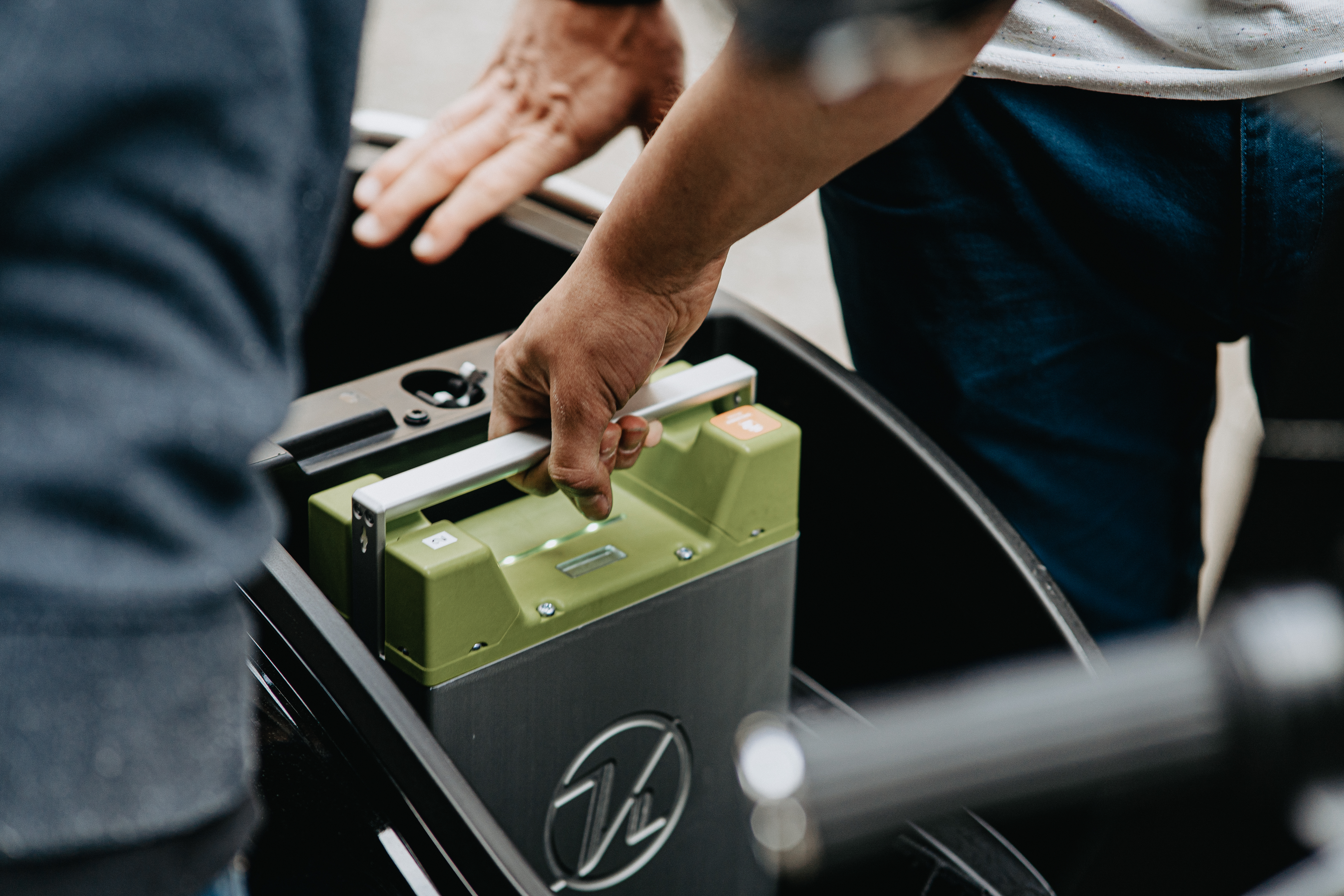How to choose the right lithium-ion battery?
Are you tired of constantly replacing batteries for your devices? Look no further than the lithium-ion battery pack. These rechargeable powerhouses have become increasingly popular due to their longevity and efficiency. With so many options on the market, it can be overwhelming to choose the right one for your needs. In this blog post, we will guide you through what to look for in a lithium-ion battery pack, including its different types and how to properly care for it. Say goodbye to constantly buying disposable batteries and hello to a long-lasting power source!
Why lithium-ion batteries?
Lithium-ion batteries (Li-ion) have become the go-to choice for powering our everyday devices. But why? Firstly, Li-ion batteries are incredibly efficient, meaning they can store a lot of energy in a small space. This makes them perfect for use in smartphones, laptops and even electric cars.
Another advantage is their longevity. Unlike traditional disposable batteries which lose power over time, Li-ion batteries maintain their capacity over hundreds of charge cycles. They also have a low self-discharge rate, meaning you don’t need to worry about charging them constantly when not in use.
Safety is another big factor with Li-ion batteries. They are less prone to overheating or catching fire than other types of rechargeable battery due to the materials used inside them.
Lithium-ion batteries provide an eco-friendly alternative to disposable alkaline batteries while also providing reliable and long-lasting power for our daily needs.
What to look for in a lithium-ion battery

When it comes to choosing the right lithium-ion battery pack, there are a few factors you should consider. First and foremost is capacity, which refers to how much energy the battery can store. This is measured in ampere-hours (Ah) or milliampere-hours (mAh). The higher the capacity, the longer your device will be able to run on a single charge.
Another important factor is voltage. Most lithium-ion batteries have a nominal voltage of 3.6V or 3.7V per cell, Li-ion battery pack but some may differ slightly depending on their chemistry and design. Make sure you choose a battery with the correct voltage for your device.
It’s also important to consider the discharge rate of your lithium-ion battery pack. This refers to how quickly it can release its stored energy when in use. If you’re using high-powered devices like drones or power tools, look for batteries with high discharge rates that can handle heavy loads without overheating.
You should also pay attention to safety features such as overcharge protection and short-circuit protection built into your battery pack. These features help prevent damage to both your device and the battery itself.
Make sure you purchase from reputable manufacturers who prioritize quality control and safety testing during production processes. Choosing a cheaper option from lesser-known brands may end up costing more down the line if they don’t meet industry standards for performance and safety protocols required by regulatory agencies such as UL or CE certifications
Different types of lithium-ion batteries
Lithium-ion batteries are used in a wide variety of electronic devices, from smartphones to electric cars. But did you know that there are several different types of lithium-ion batteries? Here we’ll take a closer look at the most common types.
The first type is the Lithium Cobalt Oxide (LiCoO2) battery, which is commonly used in small electronics like cameras and laptops. This type offers high energy density but has a shorter lifespan compared to other types.
Next up is the Lithium Manganese Oxide (LiMn2O4) battery, also known as an “spinel” battery. This type offers better safety and longer lifespan than LiCoO2 but has lower energy density.
Another popular type is the Lithium Iron Phosphate (LiFePO4) battery, which is commonly used in electric vehicles and solar systems. It provides excellent thermal stability and long cycle life but has lower energy density compared to other types.
There’s the Lithium Nickel Manganese Cobalt Oxide (NMC) or Lithium Nickel Cobalt Aluminum Oxide (NCA). These two newer variants offer higher energy densities than previous generations while maintaining good safety features and long lifespans.
When choosing between these various options for your device or application needs, it’s important to consider factors such as cost-effectiveness, required performance level, temperature sensitivity requirements among others.
How to care for your lithium-ion battery

Taking care of your lithium-ion battery can help extend its lifespan and maximize its performance. Here are some tips to keep in mind:
1. Keep the battery at a moderate temperature: Lithium-ion batteries perform best at temperatures between 20°C and 25°C. Avoid exposing them to extreme heat or cold, as this can damage the cells.
2. Don’t overcharge or discharge the battery: Overcharging or discharging a lithium-ion battery can cause it to degrade more quickly. Use a charger specifically designed for Li-ion battery your device and unplug it once it reaches full charge.
3. Store the battery properly: If you’re not going to use your device for an extended period of time, store it with around 50% charge in a cool, dry place.
4. Use only authorized chargers and accessories: Using unauthorized chargers or accessories could damage your battery and even pose a safety hazard.
By following these simple guidelines, you can ensure that your lithium-ion battery performs at its best for years to come!
Conclusion
Choosing the right lithium-ion battery pack requires careful consideration of several factors. The capacity, voltage, and size of the battery should match your specific needs to ensure optimal performance. Other important considerations include the type of application and environment in which the battery will be used.
Furthermore, it’s essential to care for your Li-ion battery properly by following manufacturer guidelines on charging and storage to extend its lifespan. With proper care, a well-chosen lithium-ion battery can provide reliable power for years to come.
By understanding what makes a good Li-ion battery and how to maintain it correctly, you can make an informed decision when purchasing one that meets all your requirements. Remember always to choose reputable brands and suppliers for quality assurance. Ultimately, investing in a high-quality lithium-ion battery is worth it in terms of cost savings over time compared with replacing low-grade batteries frequently.
